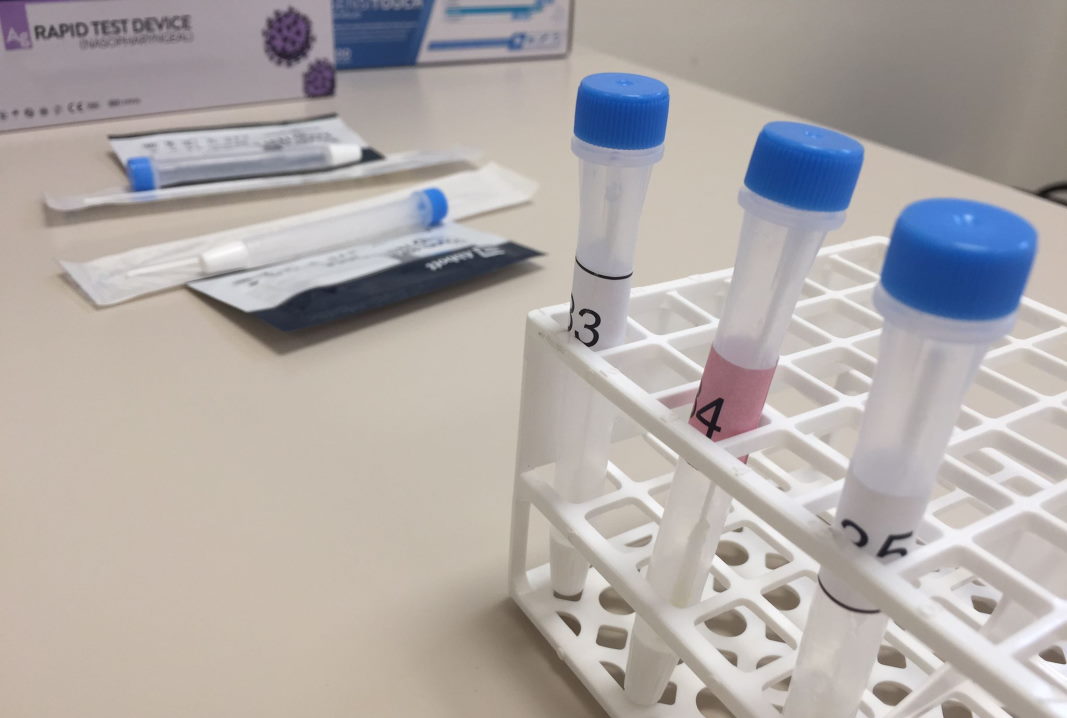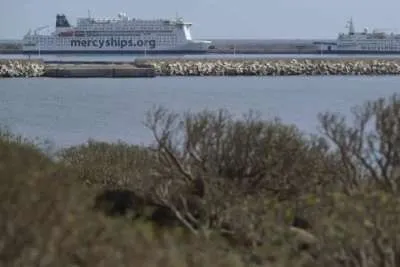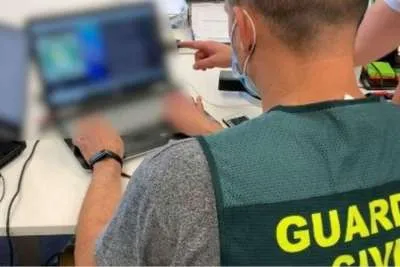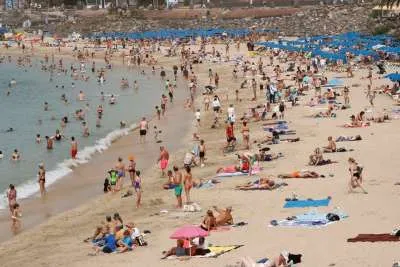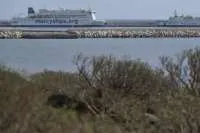Tenerife and Gran Canaria are now in Level 3 for Christmas, here’s why…
- 18-12-2021
- National
- Canarian Weekly
Yesterday, Friday, the Canary Islands exceeded 1,000 daily infections for the third day in a row, setting a new record of daily cases since the beginning of the pandemic in each of these days, just a week ahead of Christmas. The Archipelago, which has fully entered the sixth wave, registered 1,670 new cases, according to data from the Ministry of Health. Likewise, the 7-days incidence rate stands at 305.98 and the 14-day rate at 425.51 cases per 100,000 inhabitants.
On Thursday afternoon the vice president of the Canary Islands Government, Antonio Olivera, was blunt in the press conference after the weekly Governing Council meeting saying: "this high rebound is NOT due to imported cases or tourists."
After reviewing the weekly epidemiological report and taking into account the recommendations of Public Health, they decided to raise Gran Canaria and Tenerife to alert Level 3, which took effect from midnight last night, as they are the most affected islands, especially Tenerife, which yesterday added a massive 1,149 infections.
Although the number of new cases and the rate of positives are not the only indicators to take into account, when analyzing the evolution of the pandemic, Olivera warned that "they the leading indicators that have always been reflected in hospital admissions and pressure, so therefore, the situation is especially worrying on the island of Tenerife”.
The Government chaired by Ángel Víctor Torres has made an analysis of the causes that explain this rebound, reaching the conclusion that it has been produced by a ‘combination’ of the following elements:
- A notable increase in mobility, parties, family gatherings, and social encounters in the Islands, especially over the December bank holidays, has meant much more activity than usual.
- An intense relaxation of following restrictions has been identified since vaccination has increased, even though everyone knows that vaccines don’t give 100% protection, using masks, social distancing, and hygiene measures are essential.
- The presence of the new omicron variant is also relevant as it is much more contagious than other variants, so is easier to catch and pass on to others, as seen in the UK and other areas of Spain and Europe. There are now 78 cases of omicron registered in the Canary Islands, 65 of which are in Tenerife, which will cause cases to skyrocket.
- The virus is more prevalent in those age groups in which full vaccination is less widespread. This is highest in those aged 20-29 years old, but is also very evident in 30 to 49-year-olds, and is why vaccination of those under 12 years of age has begun.
The next Governing Council meeting will be held earlier next week leading up to Christmas, where data will be reviewed again and any further restrictions or relaxing of restrictions will be decided, however, as far as Tenerife and Gran Canaria are concerned the islands will be in Level 3 into the New Year, when hopefully a decrease in cases and hospital pressures will be seen.
Other articles that may interest you...
Trending
Most Read Articles
Featured Videos
TributoFest: Michael Buble promo 14.02.2026
- 30-01-2026
TEAs 2025 Highlights
- 17-11-2025


